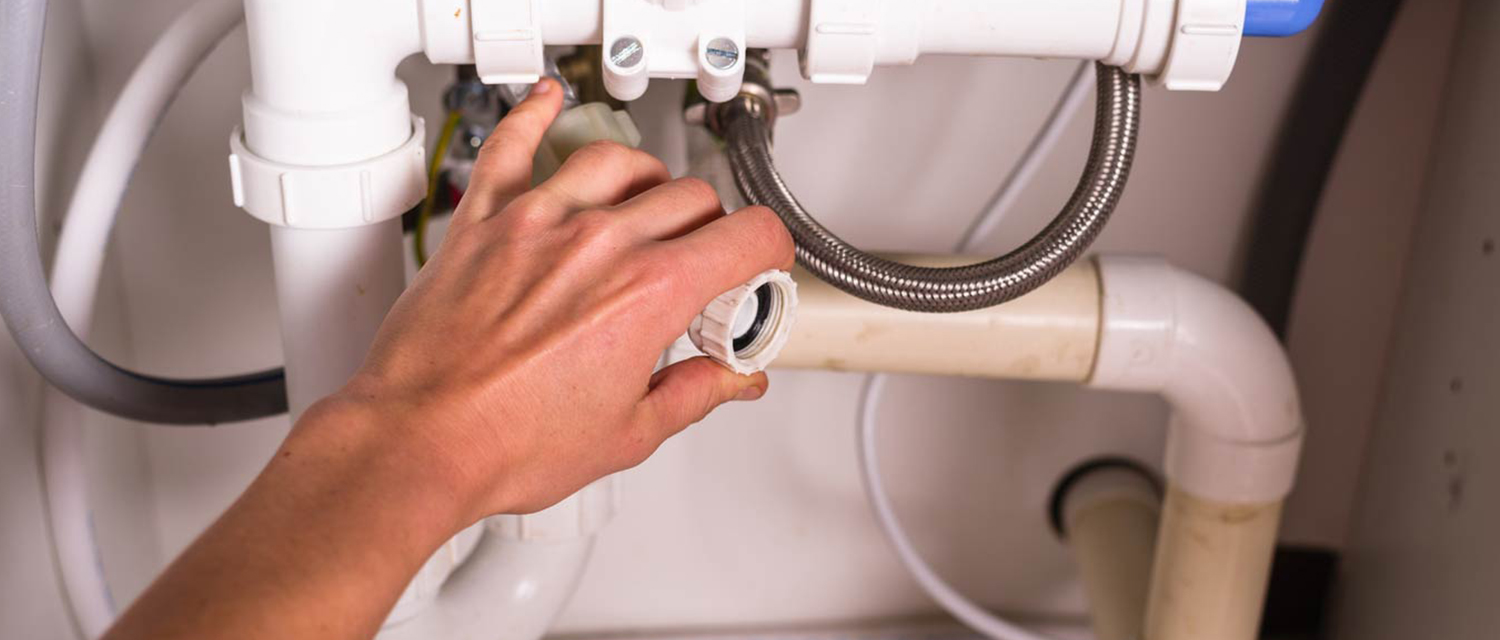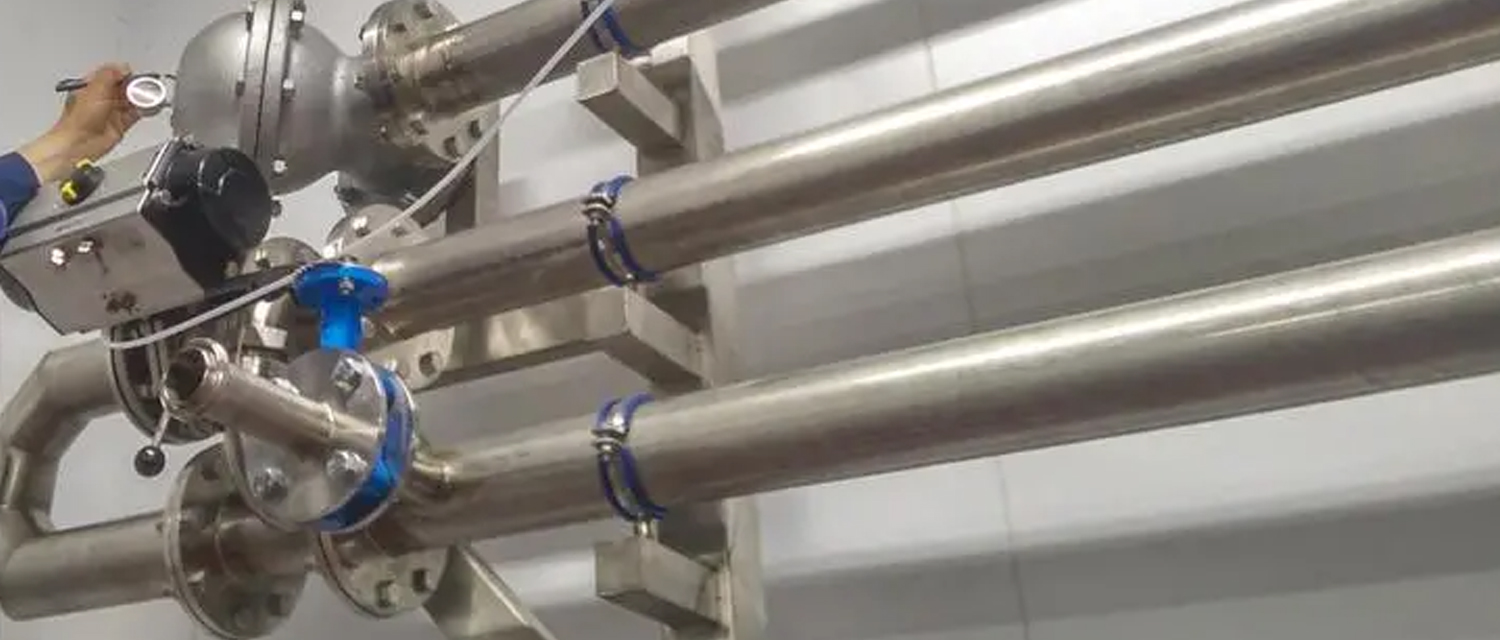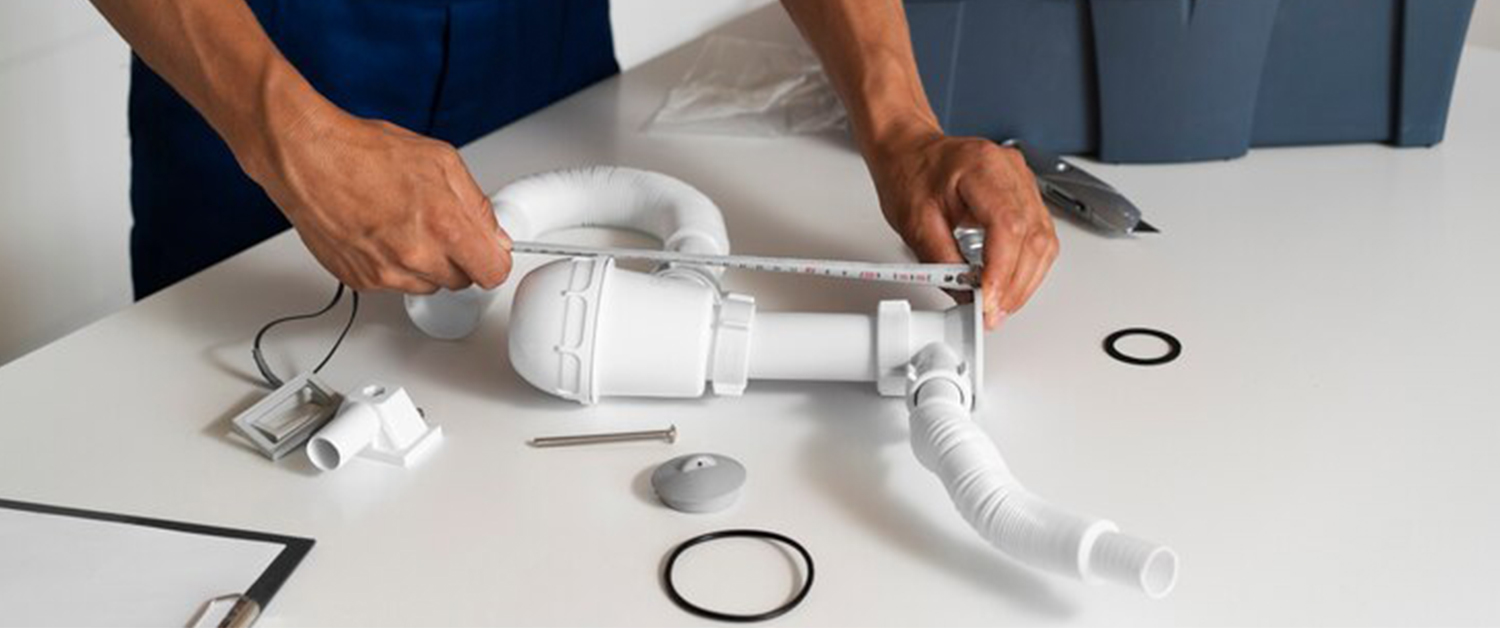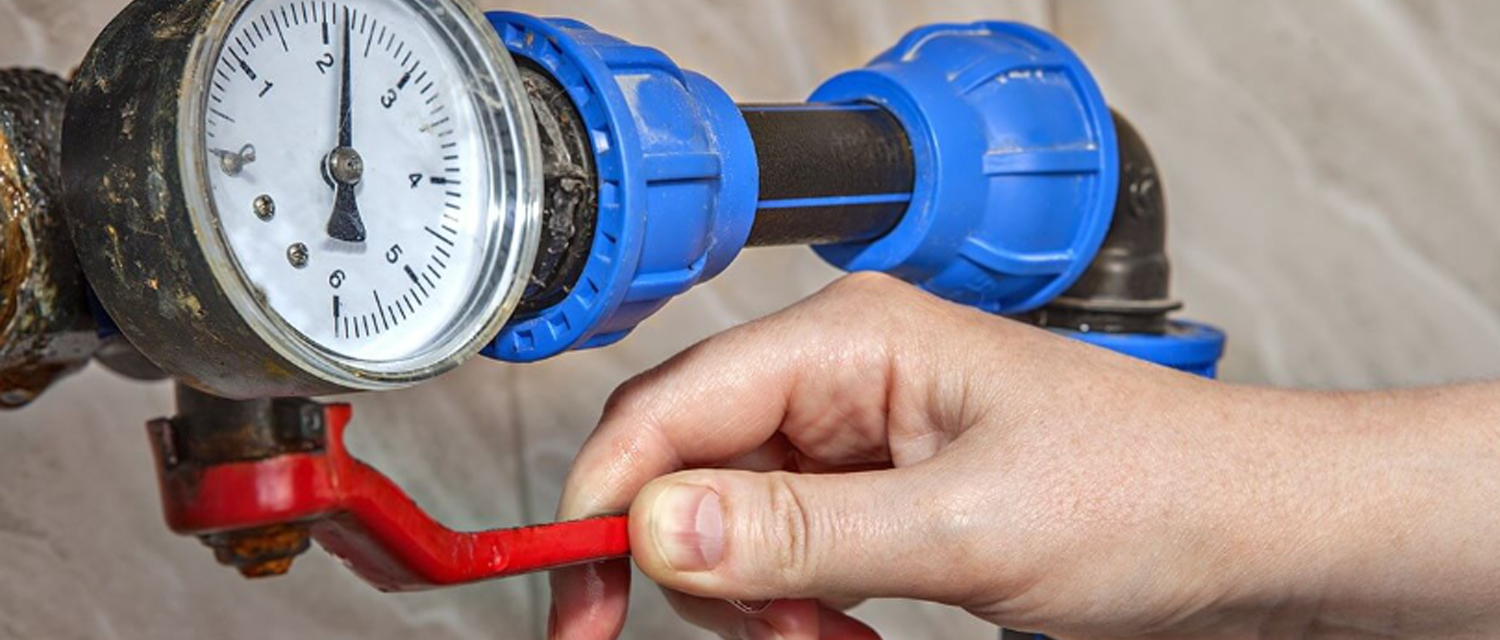Performing a plumbing inspection at your home ensures your home's plumbing system is functioning properly, identifies potential problems, and corrects any necessary problems in time. The plumbing system is inspected by trained professional plumbers for signs of wear, damage, or inefficiency, including pipes, fixtures, water heaters, and connections. In this blog, we'll delve into the reasons why getting a plumbing inspection is a wise investment for homeowners.
What Are The Key Advantages Of Regular Plumbing Inspections For Homeowners?
Regular plumbing inspections are a proactive strategy for preserving property value, ensuring safety, and optimizing efficiency in the context of homeownership. Here are some key advantages of this preventive measure.
- Preventive Maintenance:
Preventive maintenance is one of the main advantages of regular plumbing inspections. Homeowners can save time and money by proactively detecting and resolving any problems before they become more serious issues. This proactive strategy can save both time and money in the long run.
- Early Detection of Leaks:
Undetected leaks can cause extensive damage to a home, including structural issues, water damage, and the development of mould or mildew. By detecting leaks early, plumbing inspections help homeowners prevent further damage and take care of problems before they get worse.
- Preserve Property Value:
The total value of your property is greatly increased by a well-maintained plumbing system. A documented history of regular plumbing repair and inspections can increase the appeal of your home to potential buyers should you decide to sell it in the future.
- Health and Safety Assurance:
Maintaining the security of your home's water supply is essential for your family's health and welfare. You and your family can feel more at ease knowing that problems that could jeopardize the quality of your water can be found and fixed with regular plumbing inspections.
- Optimize Energy Efficiency:
Energy efficiency is greatly influenced by plumbing systems. Plumbing inspections can find and fix inefficiencies, which can save a lot of energy, save electricity costs, and reduce your environmental impact.
- Compliance with Regulations:
Over time, building codes and laws evolve. Frequent plumbing inspections keep your home secure and shield you from any legal troubles by ensuring that your plumbing system is still up to date with industry requirements.
- Extend The Lifespan of Plumbing Components:
By doing routine inspections, the lifespan of plumbing equipment, pipes, and fixtures can be greatly increased. Regular upkeep and repairs save homeowners from the cost of needless replacements by preventing early wear and tear.
- Prevent Sewer Line Issues:
Resolving problems with sewer lines can be costly, inconvenient, and unpleasant. Regular inspections assist in locating possible damage or obstructions in sewer lines, enabling prompt repair and preventing expensive and bothersome backups.
- Avoid Emergency Repairs:
Routine plumbing inspections can help you avoid emergency repairs. Homeowners can avoid unexpected and costly repair bills by identifying and addressing potential problems before they escalate into emergencies.
- Customized Maintenance Plans:
Using regular inspections, plumbers can create custom maintenance plans that meet your plumbing system's specific needs. This ensures that your system receives the maintenance and care it needs to function at its best and last for a long time.
Who Ensures Efficient And Safe Plumbing Inspections?
Plumbing inspections are best conducted by licensed and experienced plumbers. These experts can ensure the efficiency, safety, and well-being of your home's water infrastructure by precisely evaluating your plumbing system, identifying potential issues, and making recommendations for repairs or enhancements.
What Are The Types Of Plumbing Inspections And Their Purposes?
Plumbing inspections come in different types to suit specific purposes or needs:
- Routine Maintenance Inspection (Regular Checkup):
Checks regularly to ensure plumbing system health, prevent major issues, and identify minor ones early.
- Pre-Purchase Inspection (Buying a Home Check):
Before buying a home, it is essential to evaluate the plumbing system to identify any potential problems and ensure a smooth purchase.
- Post-Construction Inspection (After Construction Check):
A post-construction inspection verifies that newly installed plumbing complies with building codes and standards, ensuring compliance and functionality.
With customized assessments to maintain, evaluate or verify plumbing systems depending on different circumstances, each type fulfils a distinct function for homeowners.
What Influences Plumbing Inspection Costs And Why Is It Valuable?
Home size and location are two factors that affect the cost of a plumbing inspection. It's usually an average amount. Consider it as an investment in early problem detection and peace of mind that can save you a lot of money in the long run. It keeps your plumbing system in good working order and helps you avoid unforeseen issues. Think of it as a cost-effective measure to safeguard your house and prevent further troubles.
What Are The Key Components Checked During A Plumbing Inspection?
A plumbing inspection typically includes a thorough assessment of various components in your home's plumbing system:
- Pipes and Connections: Check if there are any leaks or problems in the pipes and connections.
- Faucets, Fixtures, and Toilets: Look at taps, fixtures, and toilets to see if they are working okay and not broken.
- Water Pressure: Make sure the water comes out of the taps with the right force.
- Water Heaters: Check if the water heater is working well and if there are any issues.
- Drainage Systems: Check if the water goes down the drains properly and if there are no blockages.
- Sewer Lines: Look for any problems in the sewer lines to prevent big issues.
Why are Regular Plumbing Inspections Essential for Home Maintenance?
Getting a plumber to check your home's plumbing every year is like giving it a health checkup. But, if your plumbing is older or you've made changes in your home, you might need these checkups more often. Why? Well, finding problems early can stop them from turning into big, expensive issues later on. It's a bit like fixing a small leak before it becomes a flood. Plumbers are like detectives for your pipes – they can spot issues and suggest how often your home needs a checkup. This regular check helps keep everything working well, avoids surprises, and saves you money by preventing unexpected plumbing troubles down the road. It's a bit of care that goes a long way in keeping your home happy and healthy!
Conclusion
For homeowners, having regular plumbing inspections is a smart move to protect your home, save money, and keep everything running smoothly. It's not just about fixing things – it gives you peace of mind, helps save energy, and makes your home more attractive if you ever want to sell. Don't wait for plumbing problems like noisy pipes, leaky faucets, or pipe leaking to get big; be proactive and get a plumber to check things out now. It's like giving your home a checkup, and it'll pay off in the end by keeping your home and your wallet happy.








